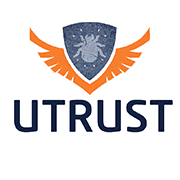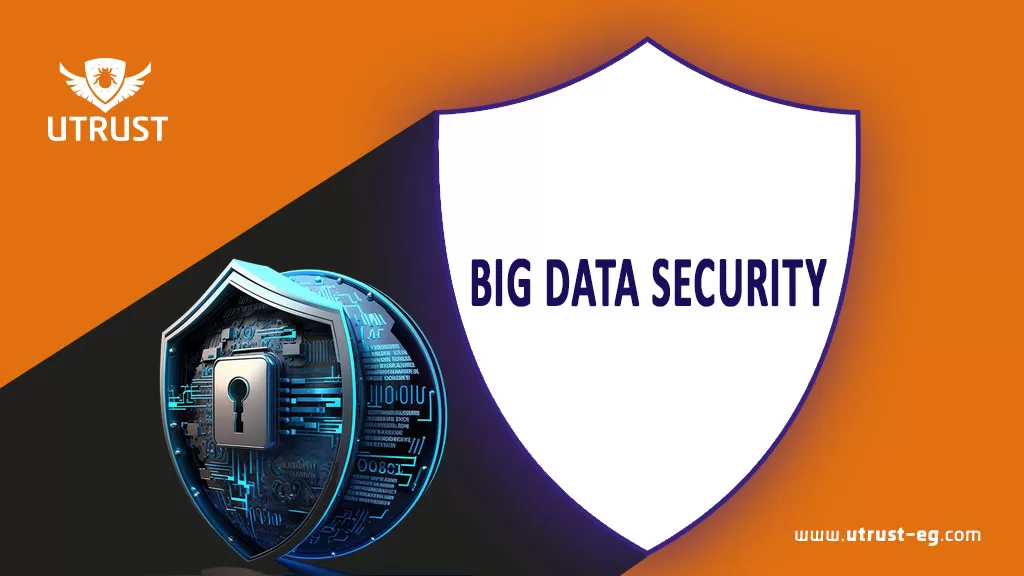Enhancing Data Security: Best Practices for Safeguarding Your Valuable Information
In today’s data-driven landscape, securing valuable information is paramount as organizations increasingly rely on vast data sets for operations and decision-making. Safeguarding this data from unauthorized access, breaches, and misuse is essential to uphold trust, comply with regulations, and protect sensitive information.
Common Vulnerabilities in Big Data Security
Organizations must be vigilant about various vulnerabilities that pose risks to big data security:
- Inadequate Access Controls: Weak or misconfigured access controls may permit unauthorized individuals to access sensitive data. Regular reviews and alignment with the principle of least privilege are crucial.
- Insider Threats: Both intentional and accidental insider actions can jeopardize data security. Detection and mitigation measures, such as user activity monitoring and security training, are essential.
- Data Leakage: Exposure of sensitive data due to insecure configurations or misconfigured storage is a significant risk. Encryption, access controls, and security assessments help prevent data leaks.
- Insecure Data Storage: Poorly secured storage systems are vulnerable to attacks. Proper configuration, encryption, and robust access controls are necessary to prevent breaches.
- Weak Authentication and Authorization: Vulnerabilities like weak passwords can lead to unauthorized access. Implementing strong authentication methods and proper authorization protocols is critical.
Best Practices for Enhancing Data Security
To fortify data security, organizations can adopt the following best practices:
- Implement Robust Access Controls: Restrict data access to authorized personnel using strong authentication methods and the principle of least privilege.
- Encrypt Data at Rest and in Transit: Protect data through robust encryption both during storage and transmission, ensuring secure key management practices.
- Utilize Data Masking and Anonymization: Shield sensitive information by anonymizing or masking data attributes to preserve privacy during analysis.
- Strengthen Network Security: Safeguard data during transmission with strong network security measures, including secure protocols and regular assessments.
- Conduct Regular Security Audits: Identify vulnerabilities through periodic audits and real-time monitoring for prompt response to security incidents.
Collaboration with UTrust for Enhanced Data Security
Leveraging UTrust’s expertise in software testing can significantly enhance data security. By partnering with UTrust, organizations can identify vulnerabilities, mitigate risks, and bolster the security of their big data environments effectively.
By prioritizing these best practices and collaborating with specialized partners like UTrust, organizations can establish a robust data security framework, protecting their valuable assets from breaches and ensuring compliance with regulatory standards.
Comments are closed.





